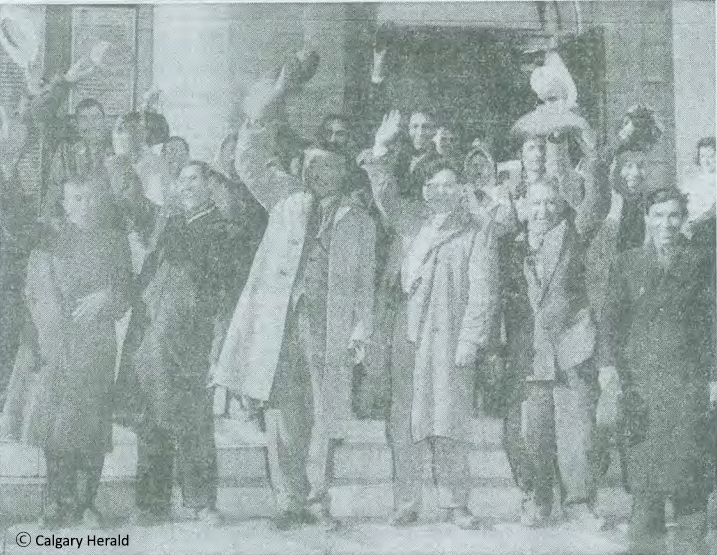The Hobbema Case

In 1946, Ruth Gorman began volunteering her time as legal advisor for the Indian Association of Alberta (IAA), a group that represented various Indigenous communities across Alberta. Gorman later accepted the role of solicitor for the Hobbema Case, as the newspapers deemed it at the time, which began in 1951. A protest around status legitimacy by Cree First Nations People of what is now known as Maskwacis, (previously referred to as the Hobbema Reserve) began the series of events. The Hobbema Case arose in response to the Department of Indian Affairs’ 1951 amendment of the Indian Act, which made it extremely difficult for Indigenous Peoples to officially register on their reserve. The revision would result in decreasing officially recognized status, depopulating reserves, and ultimately doing away with reserves. In particular, the amendment meant that official status registration could be prevented due to illegitimate ancestry, ancestry with any non-Indigenous people, anyone who joined the incorrect First Nations community at the time of the Treaty, and acceptance of scrip for land after 1870.
The first Hobbema Case hearing was in 1951 and it would be approximately a seven-year fight. By 1954, Gorman helped build a case, proving that several people had never accepted scrip. The case was reconvened in 1955 with new evidence supporting the eviction of over one hundred Indigenous people off the Maskwacis reserve. In 1956, the eviction was ordered with only three months' notice. Gorman appealed this decision and used various publicity means to spread word of the dire situation. With public opinion on their side, Gorman and the Maskwacis people petitioned the Queen for support. There was immense pressure on the Liberal government and finally in 1957 a decision was made to reverse the 1956 eviction ruling and they won the case. In celebration, the Cree people of Maskwacis named Gorman “Queen Morning Star of the Cree.”
